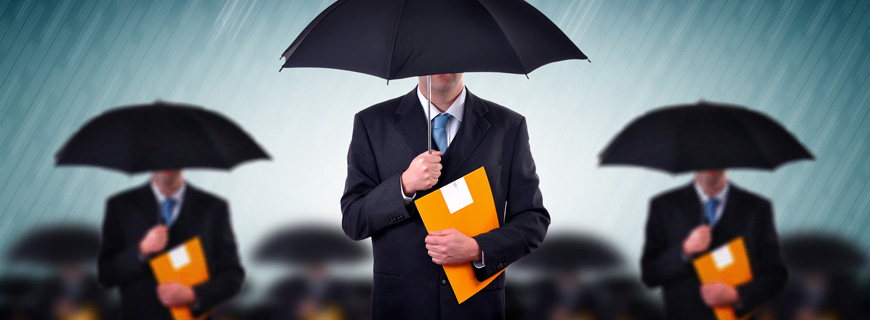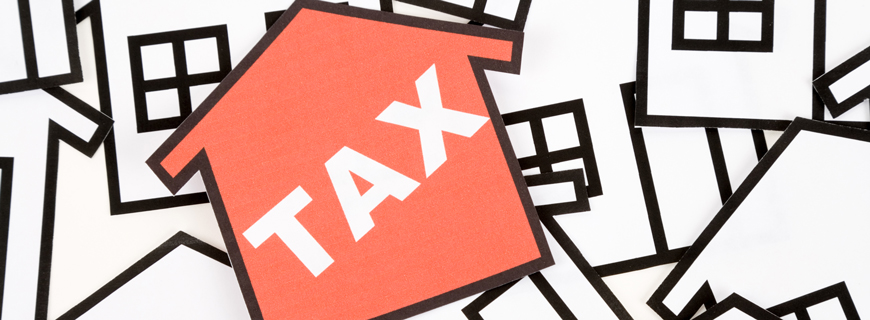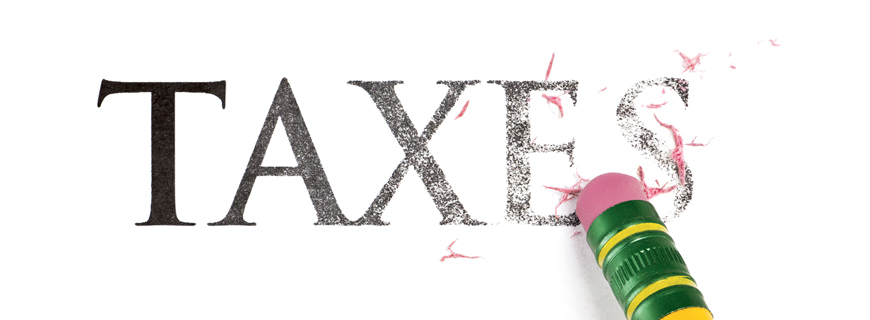Many American families are finding themselves deeper and deeper in debt. Complicating matters even more, new legislation passed by Congress in 2005 will make it harder to declare bankruptcy, and saddle filers with a greater percentage of their debts to repay.
If you, too, find yourself in trouble financially, there are usually no easy answers – but there are some ways out for those willing to commit to changing their spending habits.
Your ability to pay your bills can be affected by situations beyond your control such as serious illness, divorce, or unemployment. Poor financial management can also threaten your economic security. You may be able to juggle your creditors for a time, but eventually you may come to realize you need help in resolving your financial problems.
Consumer Debt
The first step in regaining financial control is to limit, if not eliminate, the use of consumer debt. One popular radio talk show host suggested you cut up all your credit cards, or put them in a baggie, fill it with water, and freeze them. Continuing to charge will delay your eventual day of reckoning, but only exacerbates your overall financial hardships.
Whenever possible, it’s best to pay your living expenses in cash, using credit as a convenience that you pay off in full at the end of each month. If you cannot pay your bills in cash, you need to seriously consider your standard of living and how you might be able to get by on less. Sit down and make a plan that’s livable for you.
Credit Counseling Resources
The National Foundation for Consumer Credit (NFCC) is a non-profit organization with offices in all 50 states. The NFCC can help you arrange repayment plans that fit your income level and ability. They will study your debts, analyze your income and help you work out ways to overcome your financial problems. You can call 800-388-2227 for information about the closest member agency.
Consider a Consolidation Loan
If you have equity in your home, consider a home equity loan. This type of loan can consolidate all your consumer debt into a single payment, usually with a lower interest rate and often with income tax deductible interest. Be careful not to tap into your equity, only to run up consumer debt again, however.
Paying Down Debt Takes Time
If you create a strict plan for eliminating your consumer debts and stick with it, it could take as few as two and as many as five years to implement your plan. The first step in any debt reduction plan is a sincere commitment by the entire family to control spending and eliminate financial waste.
Bankruptcy – The Last Resort
Bankruptcy should be considered only as a solution of last resort. Bankruptcy carries numerous negative implications and should not be entered into lightly. It’s always smart to consult an attorney before filing; in some cases it’s required. You can usually retain your home, personal belongings and an automobile necessary for you to work. However, remember that bankruptcy does not change the habits that created the financial difficulties in the first place.
There is life after debt – but it takes constant financial discipline and a commitment to living within one’s means to stay that way. For assistance in developing a financial plan that can leave you debt free and on the path to a more secure financial future, please contact us.
Material discussed is meant for general illustration and/or informational purposes only and it is not to be construed as tax, legal, or investment advice. Although the information has been gathered from sources believed to be reliable, please note that individual situations can vary therefore, the information should be relied upon when coordinated with individual professional advice. Past performance is no guarantee of future results. Diversification does not ensure against loss. Source: Financial Visions, Inc.




















